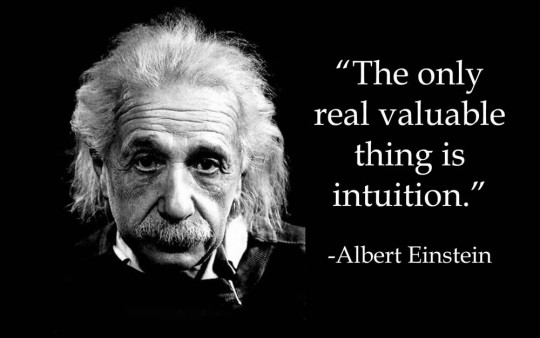I often tell people the story of why I moved to Montana from Chicago in 2002. It started with a casual trip to Whitefish, Montana in October of 1999 to visit a childhood friend of my husband, who had also moved here — mostly because of the skiing. Well, Montana left an impression on me. I really thought about wanting to live here. This kind of strong attachment had never happened to me before on any other vacation trips in the past. Why do we get these feelings about something that we truly love (or hate) simply from experiencing them? I didn’t know anything about Montana, and I wasn’t entirely dissatisfied with my current life. I just had a feeling that something was very right about this place for me. Fast forward 3 years later, and we packed all of our belongings to move across the country to a whole new way of life.
It is common to have positive and negative reactions to all kinds of events in our lives, and this is often referred to as Intuition. Intuition is defined in the dictionary as “the ability to understand something immediately, without the need for conscious reasoning.” In psychological terms, it really refers to our ability to remember and learn through experience. I may not have known anything about Montana, but I love the outdoors and also the small town way of life from where I grew up — in DeKalb about 60 miles west of Chicago.
My life experiences of loving nature and enjoying living in a small town were a pattern match to what I was seeing in Whitefish, Montana. It was a great decision for us to move here, and it is one that I don’t regret. So, how does intuition relate to technology in learning, you may be thinking? It relates to it a great deal because how we “feel” about a subject area or field of study impacts our motivation towards the event. If we don’t have that initial positive feeling, our motivation or drive to succeed can be low. The good news, of course, is that computerized learning can greatly facilitate vivid experiences in learning. A simulation like exploring the bottom of the ocean or walking on the surface of the moon can be, for the most part, every bit as engaging as partaking in the actual event.
It is for this reason that active experiences should be integral to every learning event. While viewing a powerful video, playing a game, or partaking in a simulation may not always present us with a lot of conceptual information, they can provide the needed feelings of enjoyment to the learner that will help sustain the learning. It is also important to note that many people choose a vocation or career based on a powerful experience. They may have worked in a business, medical establishment, military, etc. and had strong feelings towards that experience. Because of this, internships and apprenticeships should also be central to education. Students need to experience how conceptual learning in school is actually used within the real world. Computerized learning can greatly improve motivation and enthusiasm for academic learning when it is incorporated into the learning on a regular basis. Students need opportunities to use their intuition to guide and sustain them throughout their lifelong educational journey.

